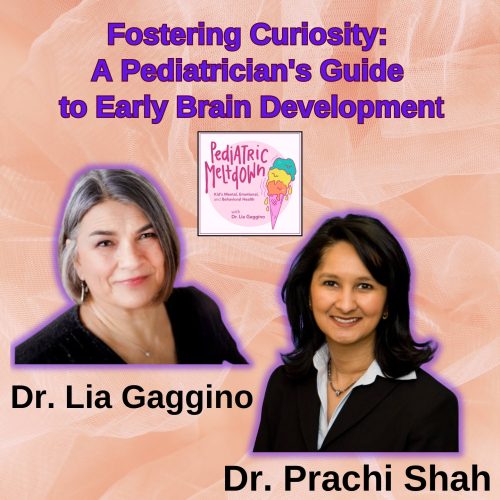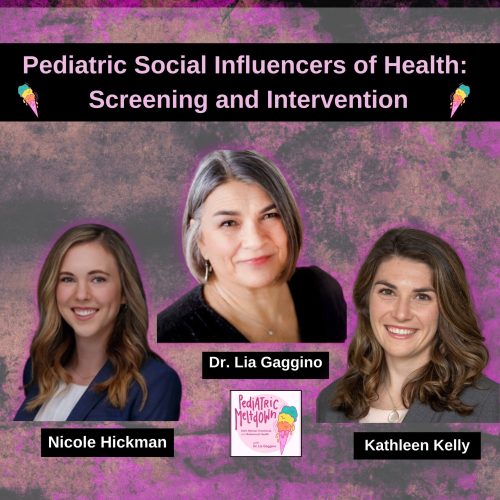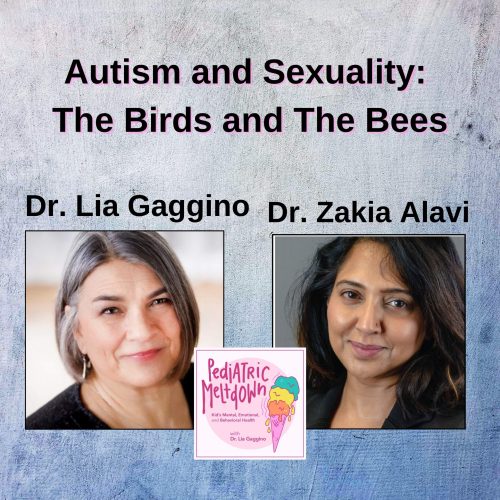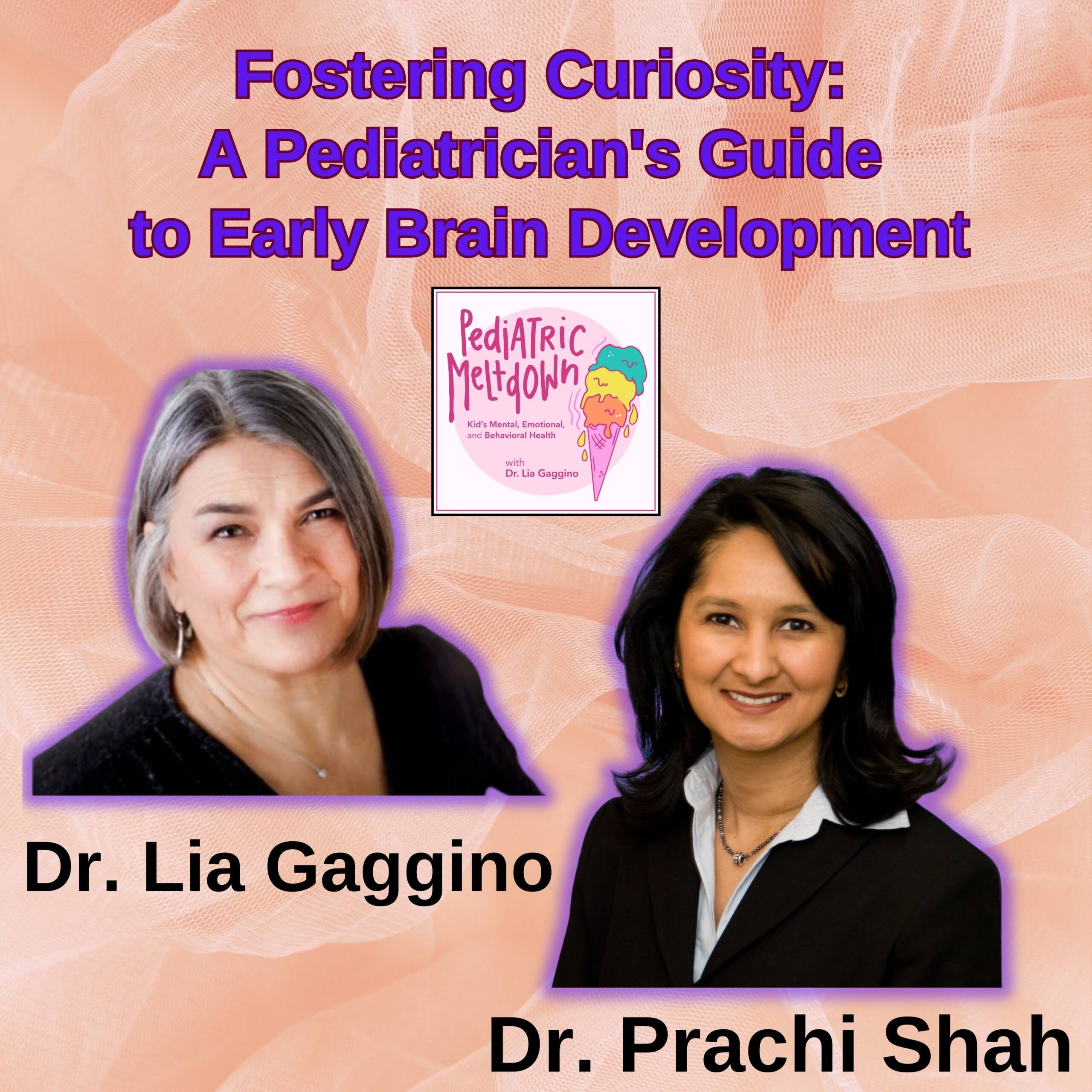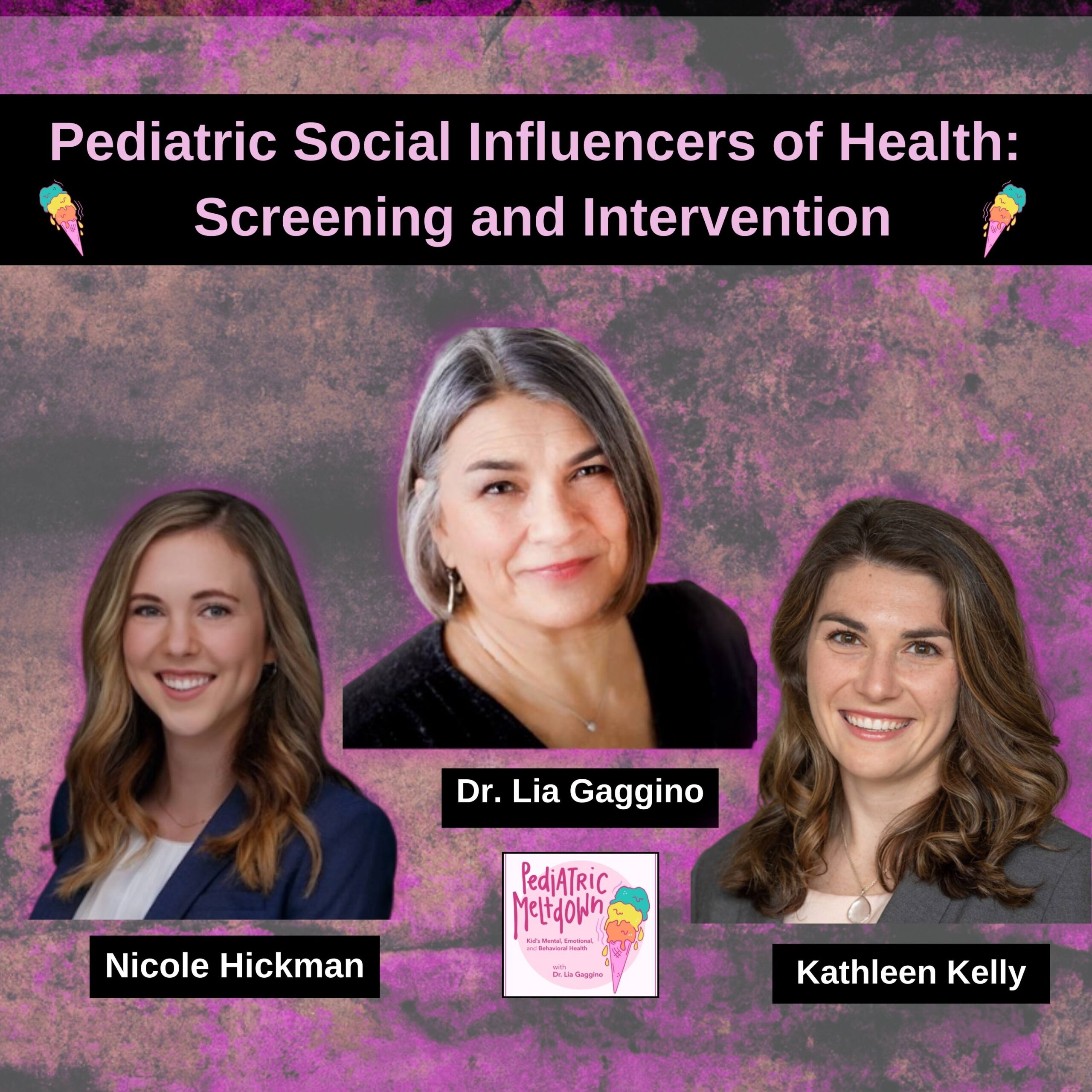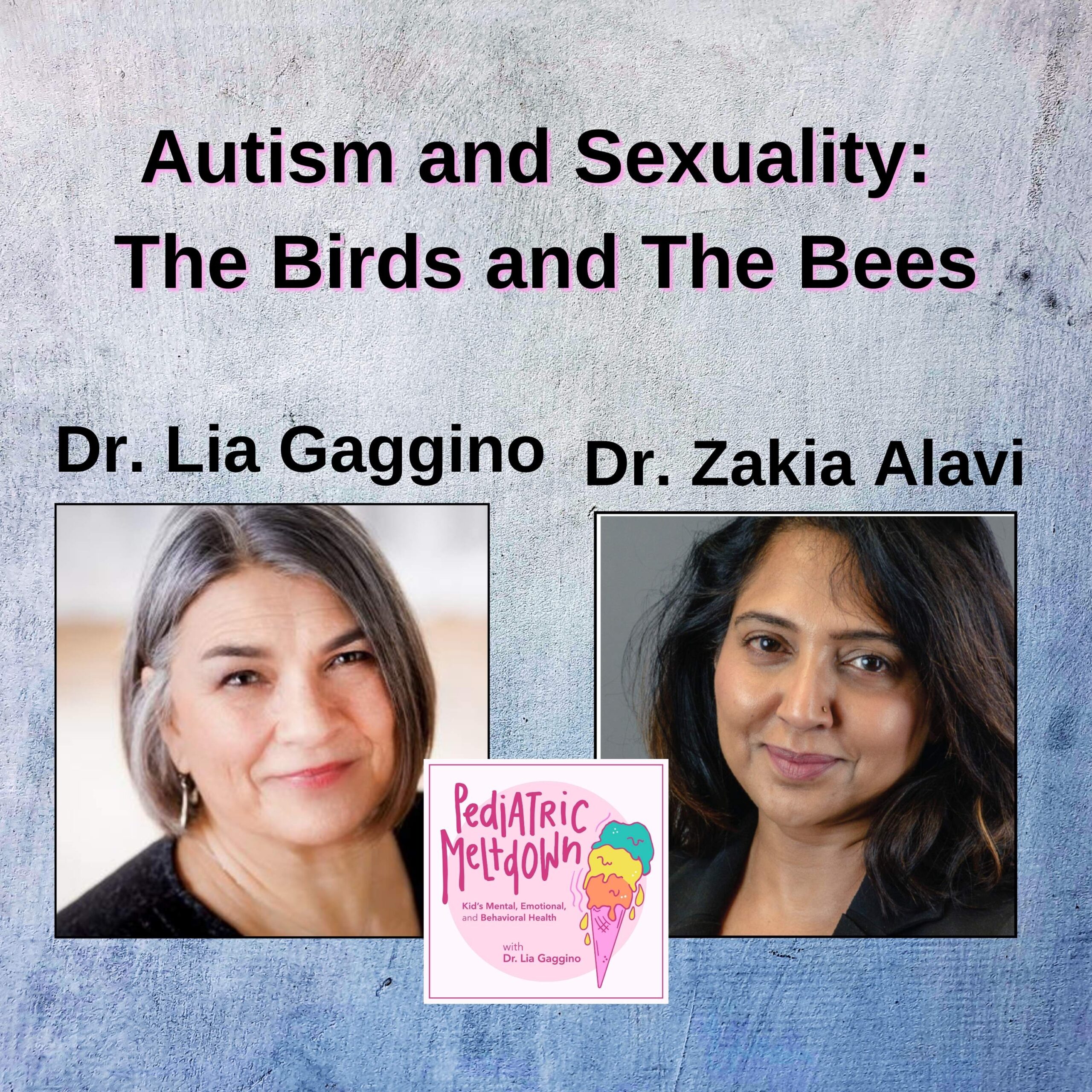Dr. Cullinan is back to finish up this 4-part series on ADHD. There is an enormous amount of practical information and parenting tips in these 4 episodes. If you haven’t yet, be sure to pull up parts 1, 2 and 3. Here is some data from ADDA (American Deficit Disorder Association)
WHAT IS ADHD?
Attention deficit hyperactivity disorder (ADHD) is a Neurodevelopmental disorder. It is one of the most common disorders of this kind diagnosed in children. ADHD often carries over into adulthood.
ADHD is a highly genetic, brain-based syndrome that has to do with the regulation of a particular set of brain functions and related behaviors.
These brain operations are collectively referred to as “executive functioning skills” and include important functions such as attention, concentration, memory, motivation and effort, learning from mistakes, impulsivity, hyperactivity, organization, and social skills. There are various contributing factors that play a role in these challenges including chemical and structural differences in the brain as well as genetics.
[00:33 -10:10] Finding an Effective Consequences
- Logical Consequences Connected to Behavior
- Explaining why an emotional lecture is ineffective
- Kids and Manipulation
- The complexity and sophistication of manipulation
[10:11-16:55] The role of parents in developmental milestones
- Effectiveness of “Emotion Coaching” on Child Development
- Necessary techniques/ practices for emotion coaching & emotion labeling
- Definition of TLC (Task Limit Consequences)
- Developmentally Matched Way to Communicate with Child
[16:56 – 30:40] Benefits of Reward Systems for Families
- Improved Behavior & Increased Self-Discipline
- Enhanced Motivation & Productivity Levels
- Strengthened Parent/Child Relationship
- Implementing the Raffle ticket strategy
[30:41-41:50] Leveraging strengths instead of consequence-based discipline strategies
- Offering Choice and Freedom in Learning Processes
- Acknowledging We Are a Team Working Toward Same Goals
- Building People Up to Improve Executive Functioning Skills
- Activities such as puzzles, art projects, reading can motivate kids to want to work on executive functioning skills
[41:51 – 46:53] Closing segment Takeaways
You can reach Dr. Colleen C. Cullinan
Twitter: @ColleenCullinan
Links to resources mentioned on the show
Dr. Ross Green Dr. Ross Greene (drrossgreene.com)
Other episodes you may like:
**Episode #88
ADHD: Strategies for Boosting Executive Function Pt I
**Episode #109
ADHD: Executive Functions Pt II
**Episode #119
ADHD: Executive Functions Pt III
**Episode #26
The 3 Bs: Brain, Body, Behavior – Managing Anxiety
**Episode #71
Depression: Naming the Monster
Key quotes for Twitter:
“It’s offering choice and freedom, and it’s doing stuff you’re already doing but in just a more strategic way that gets kids excited. That’s where behavior change happens. That’s where motivation happens.”….Dr. Colleen Cullinan talking on behavior modification of ADHD Children
“Vengeance is not a behavior change strategy”.. Dr. Colleen Cullinan talking on behavior modification of ADHD Children
THANK YOU FOR YOUR SUPPORT!
Pediatric Meltdown was listed as a Top 20 Pediatric Podcast on FeedSpot.
If you’d like to connect with me, you can find me on LinkedIn, Facebook, Instagram, and Twitter, or email me at [email protected] or [email protected]. To learn more about me visit https://www.medicalbhs.com/
LOVE WHAT YOU HEARD? Leave us a 5-star review so we can continue to provide you with great content. Share this episode and help people know more about children’s health and well-being.



